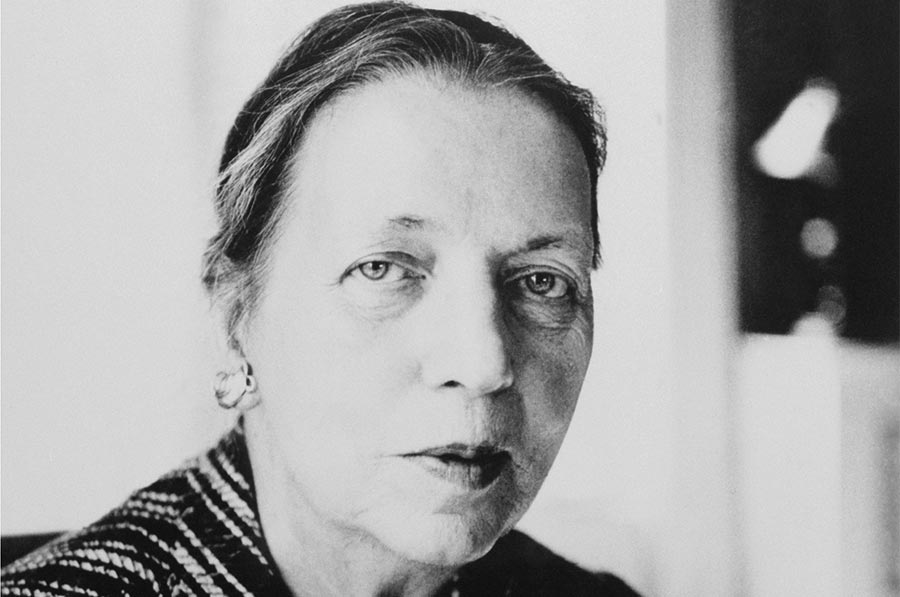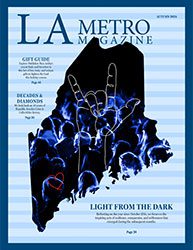



PAIN TO POETRY
Originally from Livermore Falls, Bogan faced a hard road to literary success.
LOUISE BOGAN
(1897 -1970)
In a time lacking in truth and certainty, and filled with anguish and despair, no woman should be shamefaced in attempting to give back to the world, through her work, a portion of its lost heart.”
Louise Bogan – poet, editor, and literary critic – was born in Livermore Falls in 1897. Her father was a mill worker who would move frequently, mostly due to her mother’s erratic behavior and extramarital affairs. The instability of her home life was to inform much of the subject matter of Bogan’s poems in later years.
Bogan was a poor, Irish-American woman with no formal educational degree, setting forth into a male-dominated, scholarly profession. Yet she flourished; her poetry was heralded for an economy of language and technique that drew from earlier poets such as Henry James and John Donne.
“To have written poems of excellence is to have wrought one of the high achievements of the human spirit and to
deserve our celebration and our love,” Paul Ramsey of the Iowa Review wrote of Bogan’s verse.
Reviewing Bogan in the Sunday Review, William Rose Benet stated, “Her poetry is, and always has been, intensely personal. She has inherited the Celtic magic of language but has blended it somehow with the tartness of New England.”
Bogan was the first woman to be named Poet Laureate to the Library of Congress in 1945 and was the poetry editor of the New Yorker Magazine for 35 years. She also was a literary critic and assembled anthologies of poetry. The Golden Journey: Poems for Young People, edited by her and William Jay Smith, was described by critic James Dickey as possibly “the best general anthology of poems for young people ever compiled.”
Bogan died at her home in Manhattan in 1970, at 72 – celebrated as a Maine-born woman who became a literary figure of worldwide renown.

